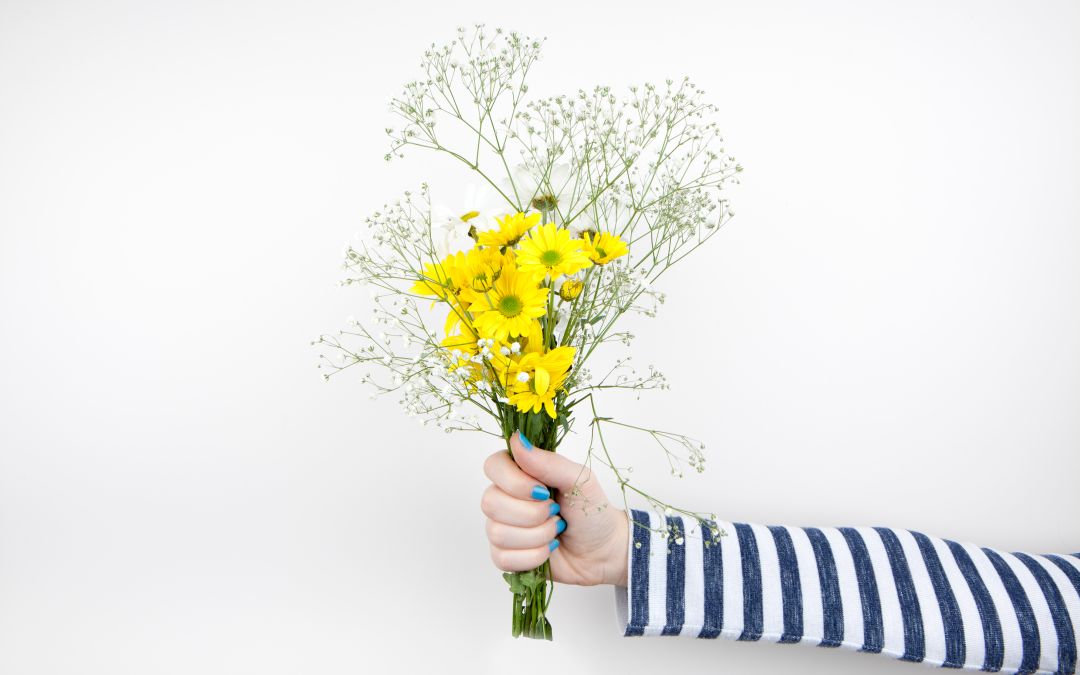Why we all need to show more kindness in life
Being kind, generous and empathetic, laying yourself open to another person in the knowledge that they may take advantage of you is a sign not of folly, but of true courage

Being kind is often dismissed as weakness. Of course it is; we live in a competitive environment that emphasises winning at any cost. Nastiness and success tend to go together; this is borne out by the popularity of caustic commentators, narcissistic heroes (Don Draper, Stringer Bell) and public put-downs (The Apprentice). Criticism and cynicism are taken as signs of powerful intelligence.
Not by psychoanalyst Jacques Arènes, however, who sees nastiness as a form of self-protection: a person who feels weak and fears exposure will keep others at bay by treating them badly. From this perspective, people are only unpleasant when they’re unhappy with themselves, and take out their fears and frustrations on those around them. Kind people prefer to risk being open rather than turning inward and focusing solely on their own concerns.
This is a new kind of bravery, an everyday heroism to counter the general culture of cynicism. By being kind, we take the risk of being had. It requires courage. Anyone can take advantage of generosity, and there are plenty of people who believe that others are only kind to them when they want something, or because they’re afraid. So it’s important to remember that being kind does not mean being a doormat: you still have to assert yourself and stand up for what’s right.
We tend to think everyone else is out to get us, that we have to be on our guard at all times. But most of our dealings with other people are not based on exploitation. We have an impression that bad things happen in the world all the time, because painful events leave stronger impressions on the mind than happy ones. ‘One wicked action cancels out, in our perception, 10,000 acts of kindness,’ says American evolutionist Stephen Jay Gould.
Being in a permanent state of mistrust and fear is exhausting, and doesn’t help us at all. We are social beings – our happiness depends on the good relations we have with others. The internet has shown its capacity to disseminate good and bad. Unfounded accusations and nasty anonymous comments circulate freely and unchecked; at the same time, people offer advice and support in forums, write unpaid blogs and reviews, and give away creative ideas and recipes. There is a growing ethos of sharing everything. And a sense of urgency about the environment has encouraged people to give away what they don’t need and seek out second-hand stuff instead of buying everything new.
In the recession, people are aware they need each other to survive – although in the job market, it’s harder to support others when everyone’s feeling the pinch, and anxious about their own position. When times are hard, it takes even more courage to be kind, but it’s worth it – we prefer to be surrounded by supportive people who will watch our backs than people we admire but are half afraid of. Once we stop thinking of kindness as weakness, we can see how urgently it’s needed.
So how do we become kinder? And how to find the right balance of openness and assertiveness? Psychologist Piero Ferrucci explains that it helps to consider kindness as a number of component parts:
• Empathy Trying to understand what’s going on in the mind of a friend who is angry, rather than responding in kind.
• Modesty Instead of boasting about our achievements or happiness, actively listening to our friends helps us feel happy just to be with them.
• Patience Rather than tut impatiently when the person in front of you at the checkout spends a couple of minutes chatting with the cashier, remind yourself how important these small human exchanges can be.
• Generosity Offering someone a gift, the benefit of your wisdom, or your time, helps you appreciate the pleasure of their company more than keeping these things to yourself.
• Respect Listening to someone else without judging; accepting their point of view as valid, even if you disagree.
• Loyalty Being trustworthy gives us the pleasing feeling of being true to ourselves, as well as to others.
• Gratitude Taking a moment to give thanks for our good health and good fortune, and recognising how much we value our loved ones, makes us aware of how much we actually have, and lessens any feelings of regret or frustration.
We will, from time to time, inevitably be let down, but holding others at arm’s length the whole time is infinitely more damaging and wearing. Kindness, by contrast, makes us embrace experience with open arms.
More inspiration:
Read Giving can be thinking kind thoughts on the Tube on LifeLabs
Read Dr Steve Taylor on kindness on LifeLabs
Photograph: iStock









